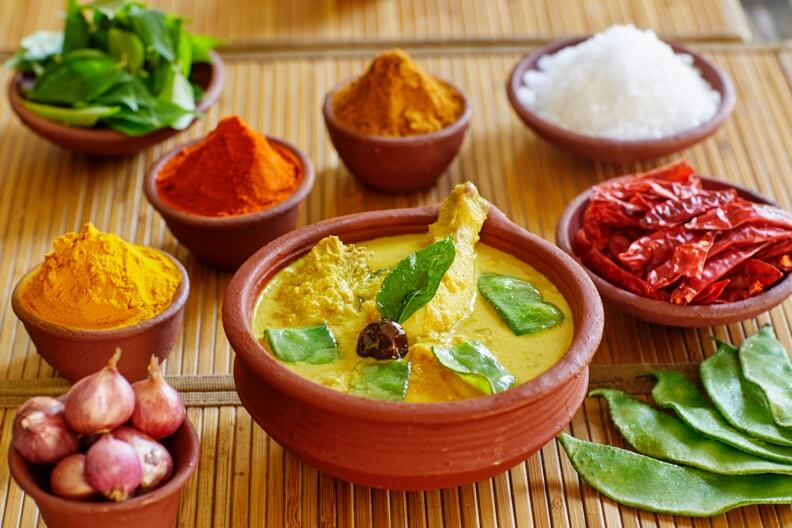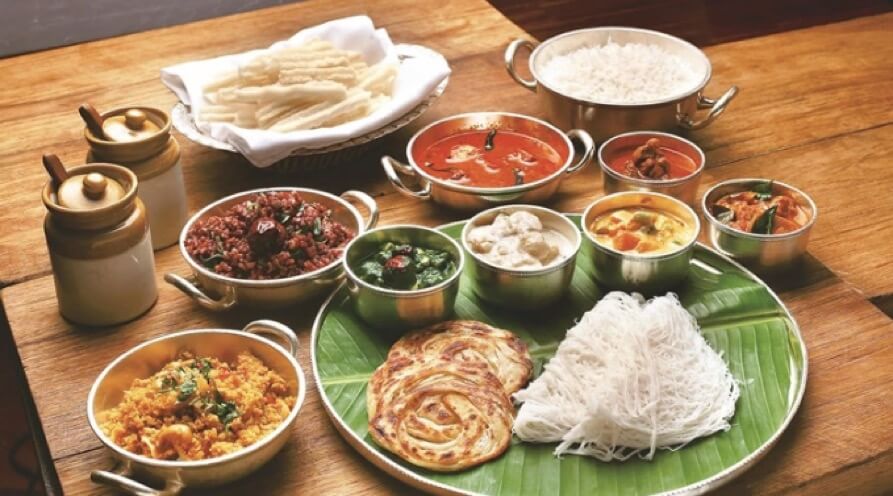Kongunadu, the land of nectar and honey is the heartland of Tamil Nadu in South India. Kongunadu is a vast region including 50 cities of modern-day Tamil Nadu. Hugely different places in terms of geography like Ooty, Coimbatore (the recent capital of the Kongu Kingdom), Tiruppur, Udumalpet, Avinashi, Palladam, Kangayam (the ancient capital of the Kongu Kingdom), Karur, Erode, Aathur, Salem, Palani Mettur, Dharapuram and the scenic Pollachi with its vast coconut plantations and beautiful lakes, the setting for Coco Lagoon, a rustic, luxury resort amidst vast coconut plantations and a beautiful lake.
Situated in the rain shadow region of the majestic Western Ghats leaves the Kongu region a little rain-starved and as a result, it is an arid region, free from the influences of the coastal region. Although the sanguine coasts of Kerala are not far away, back in the days, the mighty Western Ghats and its dense forested mountains made travel very difficult. So as with the rains, even the influence of the mighty Kerala Kingdoms was minimal in terms of culture and cuisines.
To the undiscerning alimentary novice, the vast Tamil Nadu is pigeonholed only by the cuisine of one city, Chettinadu cuisine of Karaikudi. But the cibarious masters would smirk at such a thought. The Kongu cuisine is the cynosure of the Tamil Nadu gastronomy. Being the creation of a vast, arid and inland region, the Kongu cuisine derives its unique flavours from the extensive use of sesame seeds, groundnuts, dry coconut, dry ginger and roasted turmeric. The cuisine is rich in vegetarian options as it is in meat eats. Unlike its more spicy and oily counterpart, the Chettinadu cuisine, Kongu cuisine is subtle and nutritious, owing to the generous usage of pulses and millets.
The Kongu Kingdom has a long and unbroken history and hence has spawned a diverse culinary culture. But the onslaught of time and change in preferences have eroded this esculent knowledge. However, with greater awareness being created for sustainable living people are rediscovering their roots and the food we eat forms the most important pillar of sustainability edifice. There have been efforts by some notable chefs to revive the Kongu cuisine by collecting recipes from grandmothers quaint villages to researching references in ancient texts of the Cholas, Cheras and Pandya periods.
Some of the must-try examples of Kongu culinary craft are the drumstick soup, Pazhadosai (dosa made from bananas, wheat flour, sugar and rice flour), Vazhapoo vada (banana flower and tur dal vada), Ellaneer payasam (sweet pudding made with chilled tender coconut water), Manikaram spicy vadagam curry – an ambrosial concoction of tender coconut water and milk spiced with crushed cardamom and double boiled to acquire a boozy complexity, Raagi Idiappam, Pathanir halwa (made from toddy before it ferments) and Arisi Paruppu Sadam (rice cooked with dal and spices – a recipe that has existed from the fourth century), murungai keerai paniyaram, a shallow-fried moringa leaf dumpling, puziyampatti parappu vadai or yellow split pea patties, Pallipalayam kozhi varuval or slow braised country chicken flavoured with red chilli, garlic, fennel and other spices, home-style country chicken, nattu kozhi kozhambu, . Kongu cuisine has certain practices that are unique to it like no marination of food or meat, freshly grated turmeric is roasted and ground to give rich color and flavour to the food, fried sun-dried mutton cubes used as accompaniments with meals and many more.
Our chef at Coco Lagoon, Pollachi will take you on this wonderful journey of the senses and stomach. You can do much more along with enjoying the sweets and savoury meals at our luxury resort. Pollachi is a contraction of the phrase Porul Aatchi which means ‘blessed with wealth’. We welcome you to enjoy our hospitality and this piece of heaven on earth and feel truly blessed, as we are.



